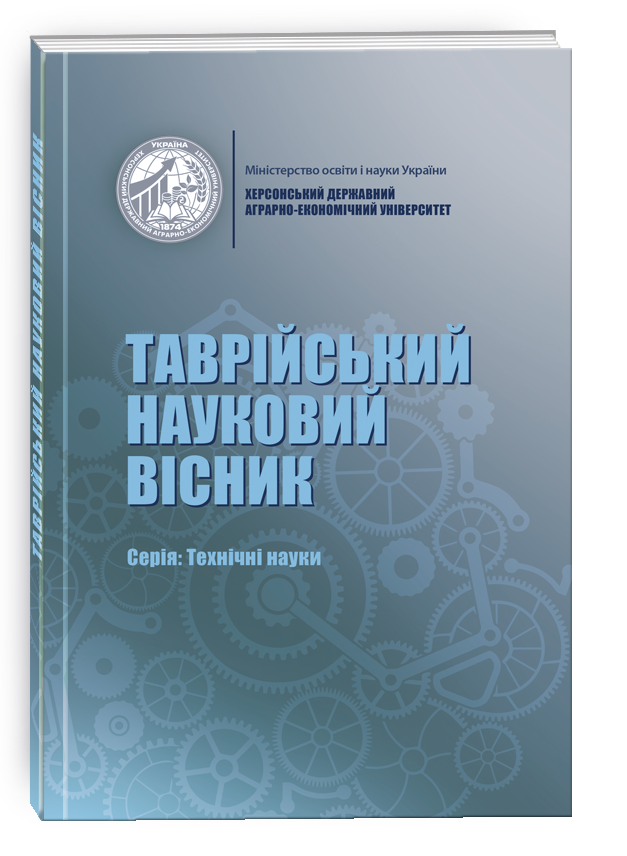RESEARCH OF MACHINE LEARNING METHODS FOR THE ANALYSIS AND FORECASTING OF PROCUREMENT DATA
DOI:
https://doi.org/10.32782/tnv-tech.2023.4.8Keywords:
analysis, forecasting, machine learning, cluster analysis, classification, regression analysis, genetic algorithm, deep learningAbstract
The article is dedicated to the examination of machine learning methods that can be applied for the analysis and forecasting of procurement data. Procurement processes are an essential and integral part of the operation of various business structures and organizations. The establishment and implementation of such processes provide necessary resources, materials, and services to support a company’s operations and contribute to achieving its primary business goals. In the rapidly changing market environment and global economy, most companies face the crucial tasks of analyzing vast volumes of procurement data and predicting the parameters of procurement processes. This is essential for timely responses to evolving market conditions and making effective management decisions. In recent years, with the growth of procurement data volumes, machine learning has become a promising tool for processing, analyzing, interpreting information, and addressing other challenges related to procurement process management. The development and implementation of software systems within logistics management that utilize various machine learning methods for the analysis and forecasting of procurement data can significantly expedite and streamline decision-making processes concerning the acquisition of services and materials. Moreover, it can ensure the high quality of these decisions. The practical value of the research lies in providing recommendations for the utilization of machine learning methods to tackle complex challenges that arise in the management of procurement processes. The article presents an analysis of the advantages and disadvantages of machine learning methods, such as cluster analysis, classification, regression analysis, genetic algorithms, and deep learning. Selecting the appropriate machine learning method for addressing data analysis and forecasting tasks related to procurement processes can lead to high accuracy and effectiveness in analytical results within the intelligent logistics management system.
References
Терещенко В.М., Бугайов А.Д. Алгоритми машинного навчання у контексті великих даних. Штучний інтелект, 3, 2018. С. 80–86. URL: http://dspace.nbuv.gov.ua/handle/123456789/162446
Жиркова А.П., Ігнатенко О.П. Аналіз методів машинного навчання в задачі класифікації документів. Проблеми програмування, 4, 2020. С. 81–87. URL: https://doi.org/10.15407/pp2020.04.081
Резниченко Р.В., Тимашова Л.А Оптимізація прийняття рішень для закупівель і поставок на віртуальному підприємстві. Економіко-математичне моделювання соціально-економічних систем. Збірник наукових праць, 18, 2013. С. 200–211. URL: http://dspace.nbuv.gov.ua/handle/123456789/83564
Кононова К.Ю. Машинне навчання: методи та моделі: підручник для бакалаврів, магістрів та докторів філософії спеціальності 051 «Економіка». ХНУ імені В. Н. Каразіна, 2020. 301 с.
Мальцев А.Ю. Огляд принципів глибокого навчання як динамічної теорії штучного інтелекту. Інформатика, обчислювальна техніка та автоматизація, 6, 2021. С. 97–102. URL: https://doi.org/10.32838/2663-5941/2021.6/16
Aston Zhang, Zack C. Lipton, Mu Li, Alex J. Smola. Dive into Deep Learning. Interactive deep learning book. URL: https://d2l.ai/index.html#jupyter.
Arielle Kushner. Artificial Intelligence in Procurement. URL: https://www.approve.com/blog/artificial-intelligence-in-procurement/
Ines Schulze-Horn, Sabrina Hueren, Paul Scheffler & Holger Schiele. Artificial Intelligence in Purchasing: Facilitating Mechanism Design-based Negotiations. Applied artificial intelligence, 8(34), 2020. P. 618–642. URL: https://www.tandfonline.com/doi/full/10.1080/ 08839514.2020.1749337







